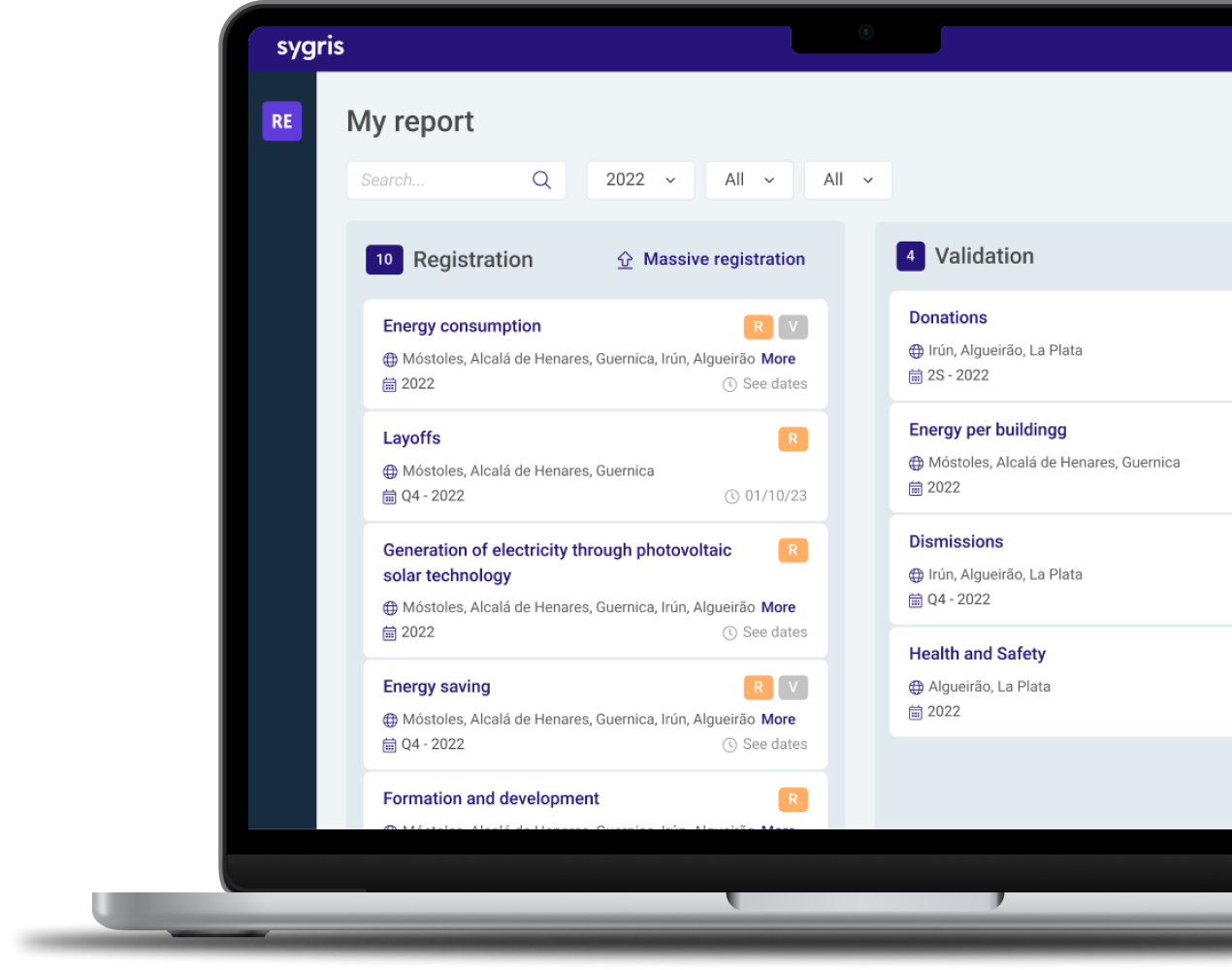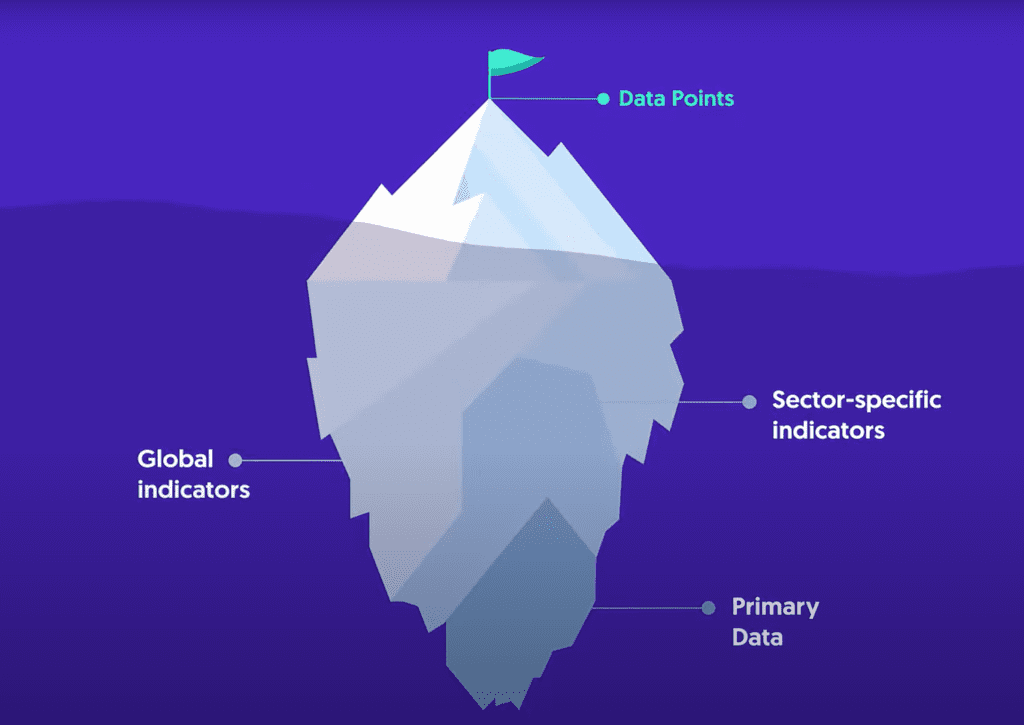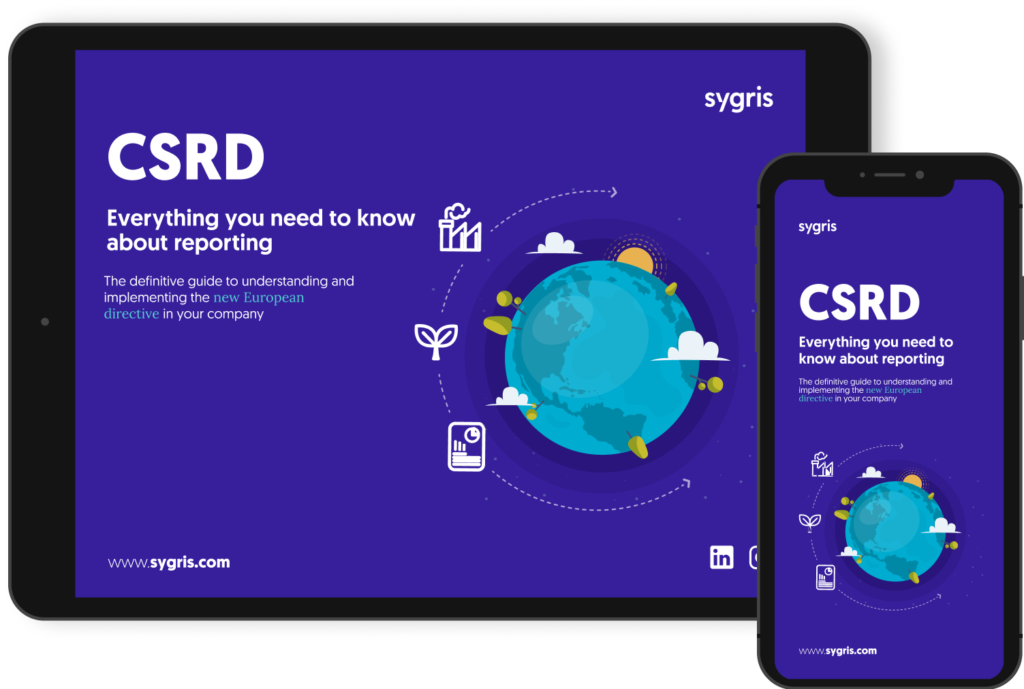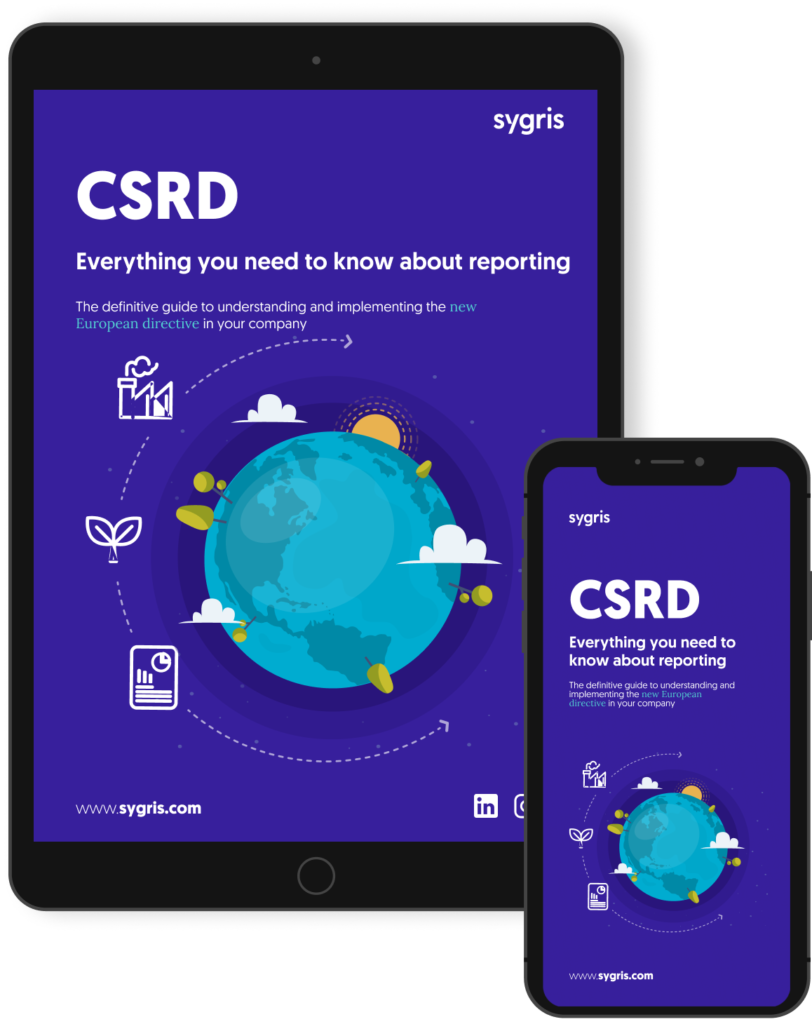Listen to this article
More and more companies are seeing the relationship between sustainability and technology as not just a necessity but an obligation. The implementation of technology can play a crucial role in managing a company’s sustainability by becoming the key tool to comprehensively address its environmental, social, and governance aspects, while also considering the economic factors.
In recent years, reporting tools have gained prominence within corporate sustainability areas. These technologies, when put to use within the company, allow it to measure, analyse, and communicate its ESG performance. However, contrary to what many believe, this alone would not be sufficient to guarantee an integrated and efficient management of sustainability within organisations. The best option to achieve this would be to have a true ERP (Enterprise Resource Planning) system in place.
But what are the differences between a reporting tool and an ERP system?
Differences between a reporting tool and an erp
- Definition: While a reporting tool is designed to collect, analyse, and present data in a clear and understandable way, an ERP not only captures data but also enables its automation and active management across any area of the business.
- Function: A reporting tool connects to the relevant data source within the company with the sole purpose of generating reports and visualisations. An ERP, being an integrated set of applications and modules, covers all key corporate functions and centralises their management on a single platform.
- Traceability: In reporting tools, different users input the relevant data, but there’s no historical record to track where the information originated from. In contrast, an ERP ensures the security and reliability of the data by establishing full traceability of all information (often referred to as “data to the left”).
- Simplification: This traceability in an ERP allows users to reuse data, no matter the area it comes from, by entering the information into the system only once. This creates synergies between departments and avoids risks of duplication. With reporting tools, each department involved must input the data as many times as needed, as the tool does not allow centralised data management.
- Scalability: An ERP offers a high degree of flexibility and customisation, being composed of different modules that companies can choose from depending on their needs at any given time. Additionally, ERPs can be easily integrated with other tools. On the other hand, a reporting tool is generally a standalone platform used to input and visualise data, with no possibility of adding new functionalities.
In summary, while a reporting tool focuses on providing information visually and generating the relevant report, an ERP is a much broader platform that allows complete data management, from the source to the final report.
At Sygris, we offer the only tool on the market capable of managing your company’s sustainability data and automatically generating reporting linked directly to the source of the data – our ESP (Enterprise Sustainability Platform). Shall we talk?







